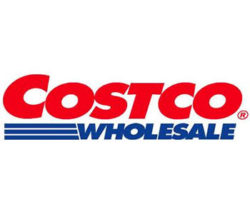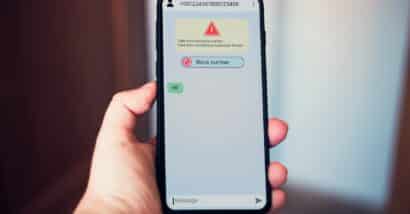 A Costco customer asked a federal judge to certify her class action Costco FACTA lawsuit.
A Costco customer asked a federal judge to certify her class action Costco FACTA lawsuit.
The proposed class action lawsuit alleges that the retailer failed to properly censor her credit card number, violating federal privacy laws known as FACTA.
According to the customer, this is an issue that would have affected hundreds or even thousands of customers, and a class action Costco FACTA lawsuit is the easiest and most effective way to address potential claims on this scale.
Lad plaintiff, Emiguela Paci, requested certification on behalf of Costco customers who received a receipt from Costco that violated the FACTA rule that nothing other than the last five digits of a debit or credit card number may appear on a receipt.
The class covers Costco shoppers who received these receipts for up to two years prior to her lawsuit.
Paci said that Costco violated FACTA rules by printing the “first six digits of the cardholder’s payment card in addition to the permissible last four digits permitted under the act.”
This Costco FACTA lawsuit was filed in January, and alleges that this violation of FACTA rules was willful on Costco’s part.
The receipt that caused the plaintiff to pursue litigation was not a regular receipt from checkout, but rather a replacement receipt that she attained after losing her initial receipt and needing the receipt to exit the store. (Costco requires that its customers show their receipts as they exit the store.)
According to the suit, a Costco supervisor printed a replacement receipt so that she could exit the store and show a Costco employee the replacement to leave, but the replacement receipt showed more of the card number than is allowed by FACTA.
Costco argued that because the replacement receipt was not a receipt given at point-of-sale, it should instead be more accurately categorized as a “journal report detail results” document.
Paci proposed her class action Costco FACTA lawsuit, noting that given the size of the company and its receipt policy, it’s reasonable to assume that over the required 40 customers for a class action lawsuit may have been affected by such a complication in the two years prior to filing her lawsuit.
FACTA Basics
The identity protection rules provided by FACTA, or the Fair and Accurate Credit Transactions Act were first being passed in 2003, and have been in full force since 2006.
FACTA laws are meant to prevent credit card and debit card information from falling into the hands of those who will use it for identity theft and fraud, which can be extremely harmful for consumers and complicated to fix, even if it is caught quickly.
FACTA requires that businesses follow specific censorship requirements for the credit card information printed on their customers’ receipts. If these rules are not followed exactly, businesses have committed a FACTA violation that may be penalized.
FACTA credit card receipt laws require that only the last five digits of a credit or debit card number may be displayed on receipts. The rest of the digits must be censored.
Receipts which display digits from anywhere else in the card number, even if there are five or fewer displayed, violate FACTA rules.
Displaying fewer than five digits is acceptable according to FACTA identity protection rules, provided those numbers are found in the last five digits of a card’s number.
FACTA identity protection rules also prohibit businesses from printing any portion of a card’s expiration date.
FACTA Lawsuits
Any machine-printed receipts are subject to these FACTA identity protection rules. (Handwritten receipts are exempt.) In many cases, one machine that does not comply with FACTA law can affect hundreds or even thousands of customers, especially for company as large as Costco.
Proving that a business violated FACTA credit card receipt laws is fairly simple. Take note of whether or not your receipts follow FACTA regulations for both card numbers and expiration dates. If they do not, then you may file a FACTA lawsuit against the business at fault.
The Costco FACTA Lawsuit is Paci v. Costco Wholesale Corp., Case No. 1:16-cv-00094, in the U.S. District Court for the Northern District of Illinois.
Free FACTA Class Action Lawsuit Investigation
If you made one or more purchases and the retailer provided you with a receipt that contained more than the last five digits of your credit or debit card number or the expiration date, you may be eligible for a free class action lawsuit investigation and to pursue compensation for these FACTA violations.
ATTORNEY ADVERTISING
Top Class Actions is a Proud Member of the American Bar Association
LEGAL INFORMATION IS NOT LEGAL ADVICE
Top Class Actions Legal Statement
©2008 – 2025 Top Class Actions® LLC
Various Trademarks held by their respective owners
This website is not intended for viewing or usage by European Union citizens.














